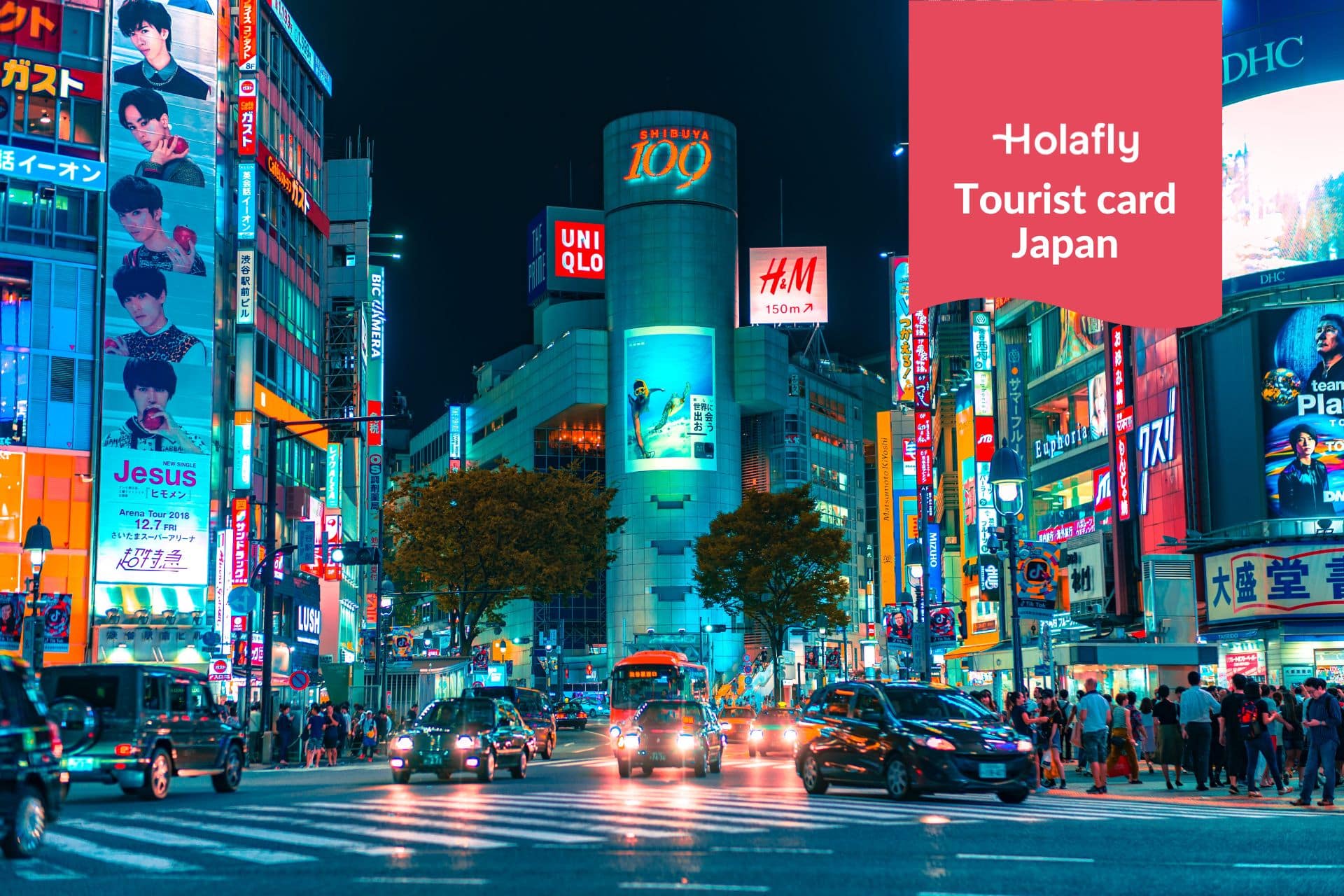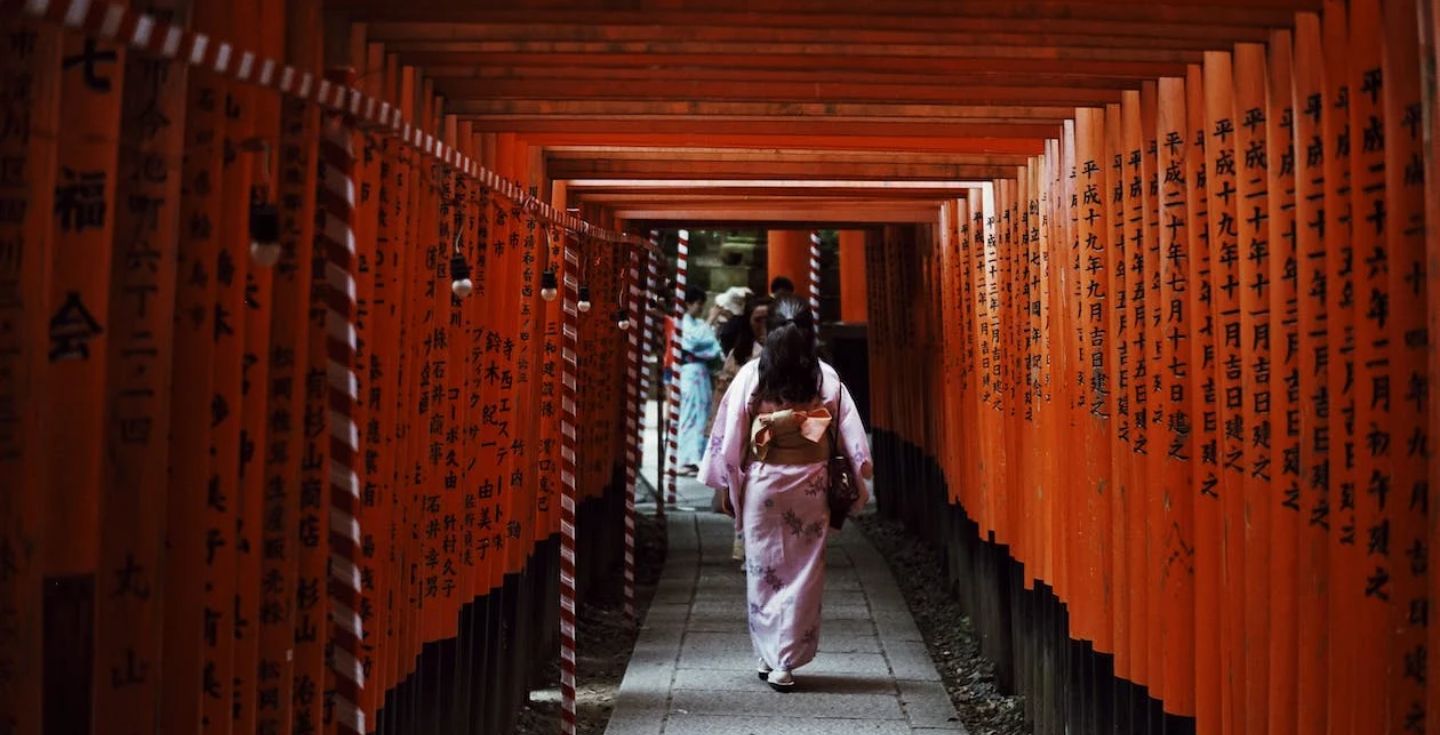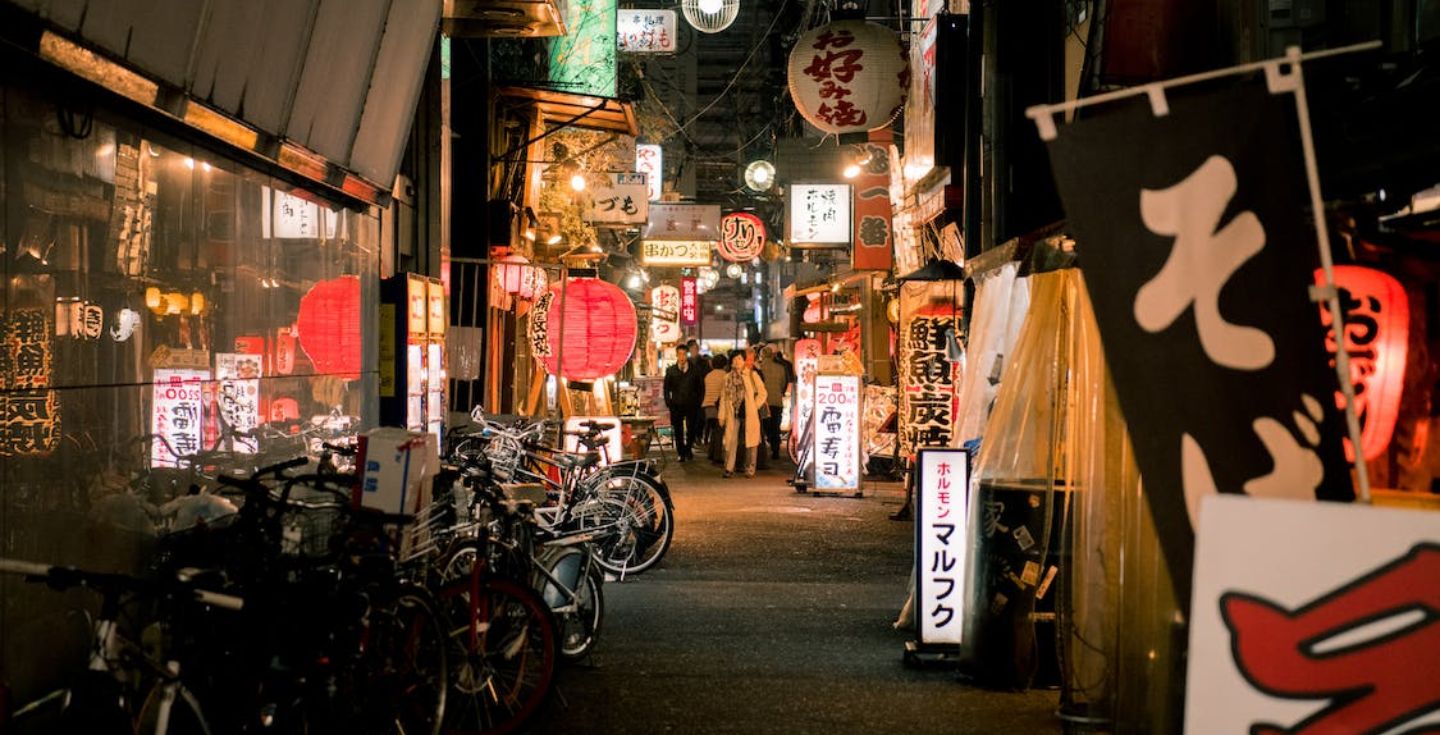Travel to Japan from Canada: What to know before you go
From essential travel documents and entry requirements to the best time to visit, here’s everything you need to know to travel to Japan from Canada. Explore flight options, get travel tips, and prepare for your trip!
Going to Japan from Canada is an experience of a lifetime. From the onsens to the cherry blossoms, there’s something for everyone.
To help you make the most of your trip, we’ve put together everything you need to know before you go for a safe and smooth trip.
Review travel requirements, explore the best time of year to visit, and discover other essentials for your travel to Japan from Canada. All the best travel advice, right here.
Entry requirements for Canadians traveling to Japan
Nobody wants to — nobody can — enter Japan unprepared. For a safe and smooth trip, adhere to the following travel to Japan from Canada requirements, as laid out by the Government of Canada’s official website.
Visa requirements
Visitors to Japan of Canadian nationality can visit with a valid passport for stays up to a maximum of 90 days. This is thanks to a visa-waiver policy for Canadian passport holders and requires no paperwork or special permission in advance of entry.
As with many countries, different entry rules may apply when traveling with a temporary passport or an emergency travel document. Check with a representative at the Japanese embassy in Canada before you leave.
Customs and documentation
The right type of documentation is an essential part of your Japan packing list. Here are some tips to prepare for going through customs.
Canadian foreign nationals entering Japan need:
- Canadian passport: Your passport must be valid for the duration of your stay in Japan
- Accommodation and contact information in Japan: You’ll need to complete an arrival card once you land
- Return ticket: To prove departure from Japan within the visa-free period
Documentation travel tips:
- Have your travel itinerary and accommodation details accessible when you arrive
- If you plan to travel to other countries on your trip, check their passport requirements
- The Canadian Embassy and honorary consulates are available in Japan if necessary
Health requirements
There are no vaccination certificates required for Canadian foreign tourists traveling to Japan on a tourist visa.
But if you’re traveling as a Canadian with or obtaining a work visa in Japan, you must have medical and health services coverage for the duration of your stay and employment.
Health and safety travel tips:
- Make sure routine vaccinations are up to date in accordance with your province or territory
- Get travel insurance, including coverage for medical evacuation and hospital stays. Service costs are comparable in Japan to at home in Canada. (Travel insurance isn’t a requirement, but is recommended.)
- Confirm your phone works in Japan to use essential travel apps like Google Translate. While health care in Japan is very good and available throughout the country, services in English could be limited, particularly in rural areas.
If you begin to feel unwell as you travel, refrain from using public transportation and coughing and sneezing in public spaces — one of the top things not to do in Japan. Save yourself the faux pas while away, and be respectful in public spaces for the health of others.
Best time to travel to Japan from Canada
It’s such a beautiful place, so the best time to travel to Japan is really up to you. While the cherry blossom season tends to take the crown, every season has benefits and pitfalls.
Pros and cons per season:
| Season | ✅Pros | ❌Cons |
| Spring | Cherry blossom season | Peak tourism |
| Summer | Many outdoor festivals | High heat and humidity |
| Fall | Fall foliage | Higher prices |
| Winter | Fewer crowds | Cool temperatures |
Best activities per season:
- Spring: Catch cherry blossoms at their peak at parks, gardens, and interesting neighborhoods
- Summer: Enjoy outdoor festivals like Gion Matsuri in July in Kyoto
- Fall: Go hiking among the fall-colored trees in iconic spots like Mount Fuji
- Winter: Relax, get warm, and experience an onsen — a Japanese natural hot spring bath
Seasonal travel tips:
- Download NERV Disaster Prevention App, one of the best apps for Japan travel, to stay up-to-date on alerts for natural disasters.
- Pack a raincoat for the rainy season (early June to mid-July) and fall (September to October) – keep an eye on the forecast, but do be careful not to rack up hefty charges while using data roaming in Japan.
- Book early for peak travel during cherry blossom season (late March to early April).
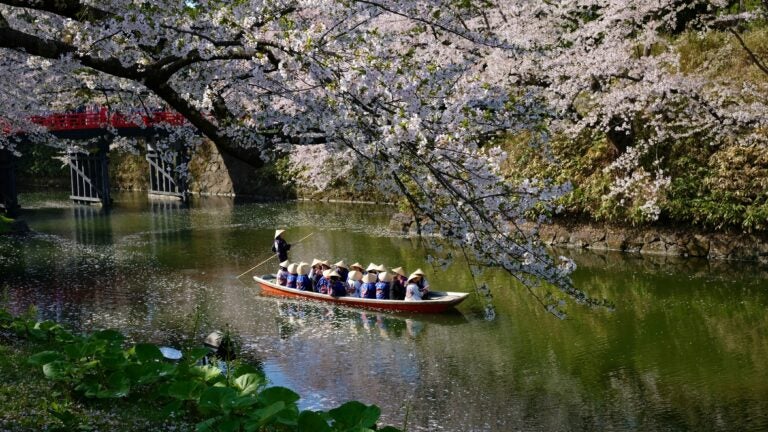
Best travel options from Canada to Japan
Traveling to Japan from Canada is a long, but rewarding journey. While you may wish to work with a travel agent for finer details later on, here’s a great start as you map your travel plans.
Direct flights
There are a number of airlines that offer direct flights to Japan from Canada. Air Canada provides the widest coverage, offering non-stop flights from Toronto, Vancouver, and Montreal. However, there are a few other options for direct flights.
| Important note: All pricing mentioned in this article is listed in Canadian dollars (CAD). |
Airlines with direct flights to Japan from Canada:
- Air Canada: From Toronto ($1,275), Vancouver ($1,110), and Montreal ($1,200) to Tokyo
- Japan Airlines: Vancouver to Tokyo ($1,100)
- ZIPAIR: From Vancouver to Tokyo ($450)
Be aware and note that these are averages — prices fluctuate due to demand, destination, and seats.
Haneda Airport (HND) or Narita International Airport (NRT) in Tokyo tend to offer the best prices for traveling to Japan from Canada. Whether it’s a convenient landing location or your final destination for your trip to Japan from Canada, there are many things to do in Tokyo, so it’s worth a visit.
Benefits of direct flights:
- ✅Schedule reliability: Direct flights often have fewer complications with cancellations or missed connections.
- ✅Luggage security: Reduced risk of lost or delayed luggage since there’s no need to transfer bags between flights.
- ✅Time savings: No layovers means shorter overall travel time, allowing you to arrive faster and with less fatigue.
Alternative routes and budget-friendly options
While flying direct has its advantages, utilizing connecting flights and budget airlines is cost-effective and can be a fun alternative. You can travel to Japan from Canada via convenient connections between airports and popular destinations, adding an extra stop on your adventure.
Here are some examples of alternative routes and budget-friendly options:
- ANA airline provides a direct, non-stop flight from Seattle to Tokyo.
- Air Canada offers a direct non-stop flight from Vancouver to Sydney.
- Combine WestJet and ZIPAIR by traveling from Canada to a hub in the USA via WestJet and taking ZIPAIR (a low-cost Japanese airline) to Japan.
For additional information and more options, check airline websites.
Estimated travel costs
The cost of traveling to Japan averages about $1,755–$3,395 per person for one week at a budget to mid-range price.
Though, there are many variants inside this price range including time of year, budget, and personal preferences.
Below are flight, accommodation, and daily expenses for Japan travel from Canada — ranging from budget-friendly travel to more luxurious trips.
Flight costs
One of the largest travel costs when visiting Japan from Canada is the flight abroad. While prices fluctuate based on factors like season, demand, and airline promotions, here’s a look at average flight costs:
- Economy: $1,145–$1,430
- Premium: $2,150–$3,580
- First: $12,000–$15,000
Tips for saving on flights:
- Book early: Flights are often cheaper when booked several months in advance.
- Track flights: Use tools like Google Flights, Hopper, or Skyscanner to monitor flight prices and get notified when fares drop — you can find them as low as $550 during sales or off-peak travel periods.
- Look for layovers: Connecting flights are often cheaper than direct flights, so consider layovers in cities like Seoul, Taipei, and U.S. hubs.
- Be flexible with dates: Use flexible date search tools to find the cheapest days to fly. Midweek flights (Tuesdays and Wednesdays) are often less expensive than weekend flights..
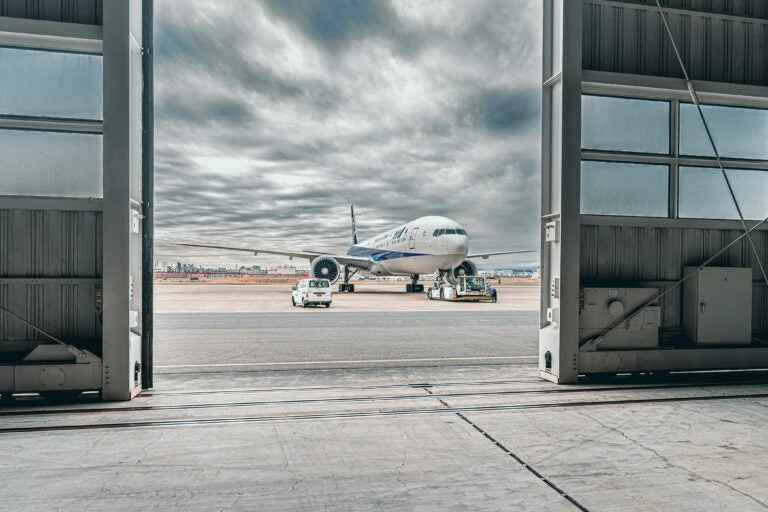
Accommodation costs
Accommodation costs for a one-week trip to Japan for one person total $285–$715 at a mid-range budget.
While prices are subject to change based on seasonal demands, below are average accommodation costs.
Accommodation cost per night in Japan:
- Budget-friendly stays, including capsule hotels, hostels, and guesthouses, average $30–$115 per night.
- Mid-range stays, including business hotels and rentals like Airbnbs, average $115–$285 per night.
- Luxury stays, including four-star hotels and ryokans (traditional Japanese inns), average upwards of $275 per night.
Tips for saving on accommodation:
- Travel during off-peak seasons: Late May to mid-June and September to early December are typically less crowded and more budget-friendly.
- Stay at budget-friendly hotels or hostels: Look for cost-effective stays that offer a social element, great if you’re traveling solo to Japan.
- Stay near major transport hubs: Cities like Osaka and Tokyo cater to travelers and offer a wider range of options than smaller, less-traveled locations in Japan.
Daily expenses
It’s easy to incur high daily expenses as a tourist. Between all the ramen, sushi, and museum visits, your trip can add up quickly. Here’s a daily expense budget for three types of travelers.
Daily food and entertainment cost:
- For a conservative traveler: $16–$30
- For a moderate traveler: $50–$90
- For a luxury traveler: $245–$500
Depending on the type of trip you want to have and the budget you have available, you’ll need to consider transportation in your costs.
Daily transportation costs:
- Taxis: $10–$20 for short rides inside cities
- Public transportation: $3–$7 for a day pass
- Bike rental: $7–22 per day
- Car rental: $85 per day
Tips for daily saving:
- Cook at your hostel or rental before you head out to explore for the day.
- Shop at convenience stores for food and snacks instead of dining at restaurants.
- Walk — it’s free! Walking is free and a great way to get to know the area you’re visiting.
- Use the Japan tourist card, a rechargeable smart card that you can use to save on trains, subways, buses, and ferries when traveling in Japan.
Travel overseas with ease
Stay connected as you travel to Japan from Canada for a safe and smooth trip.
To receive travel updates on the go, send photos back home, and cross the language barrier with the help of essential apps, try the Holafly eSIM for Japan. You get unlimited data, easy installation, and reliable coverage when you activate the QR code.
Built for travelers by travelers, Holafly works with local networks in Japan and offers 24/7 international customer service to assure your peace of mind before you fly.
We wish you the best of luck as you travel to Japan from Canada and hope you enjoy the journey — and the destination!





 Language
Language 


















 No results found
No results found



